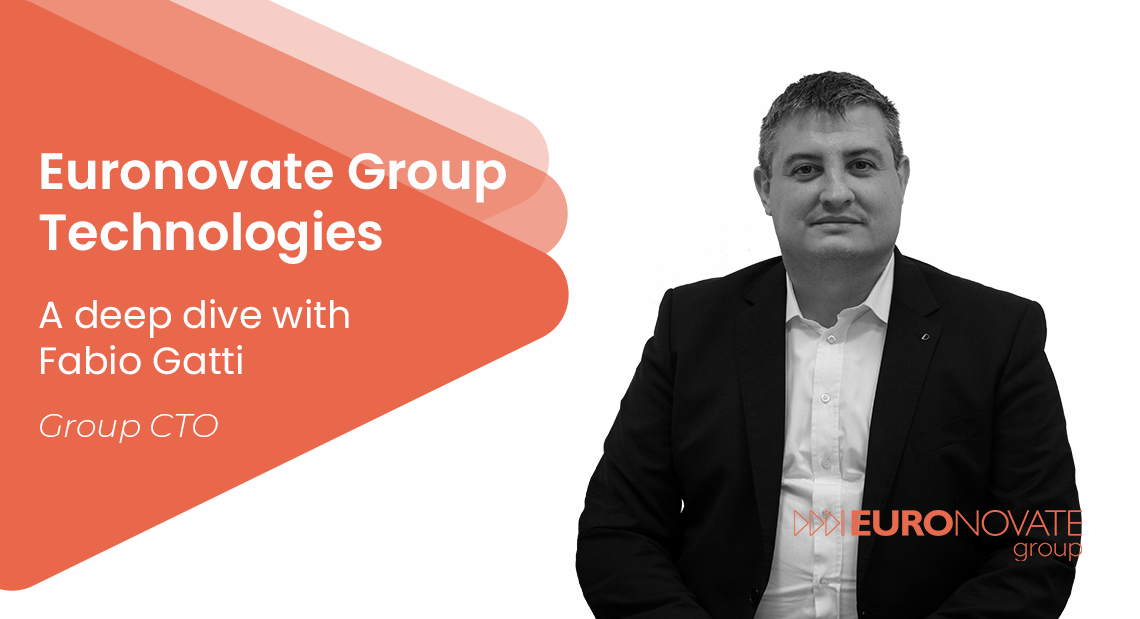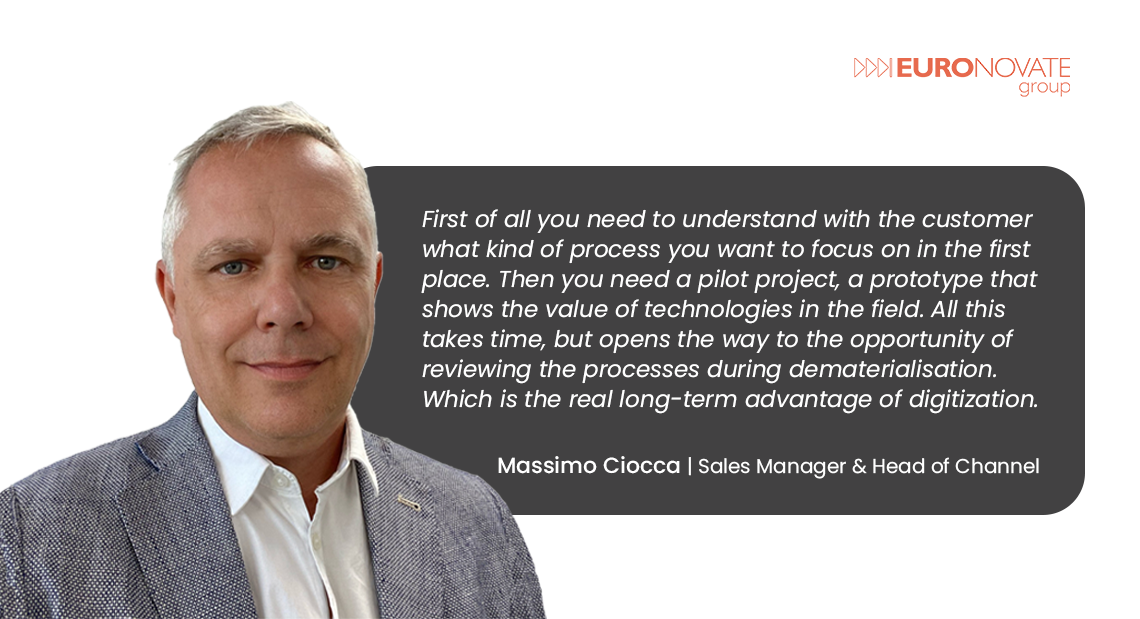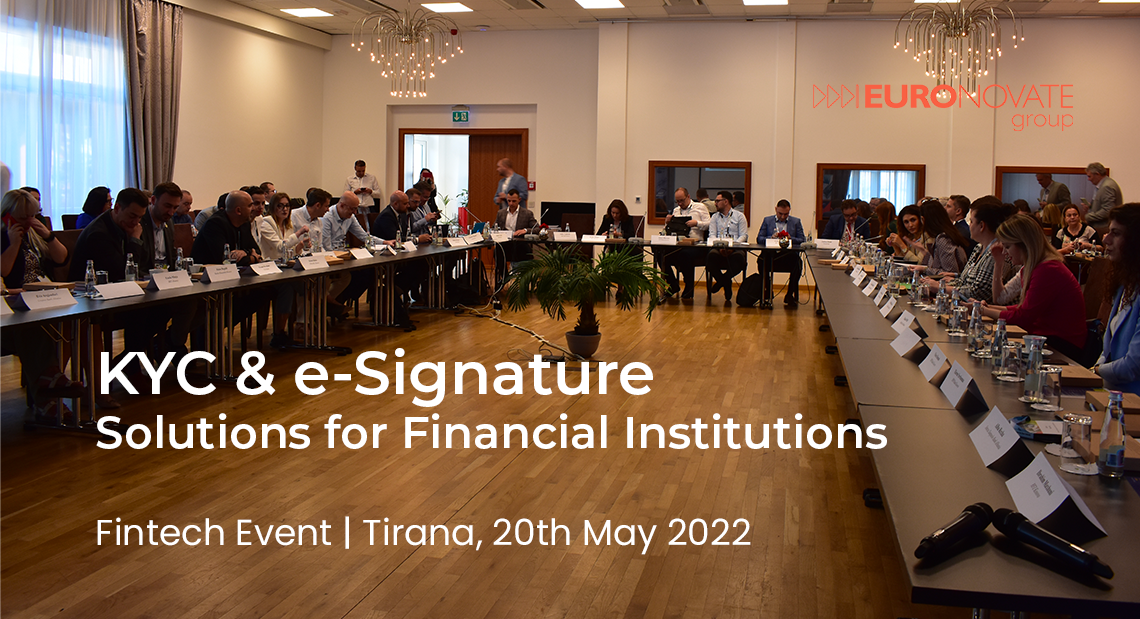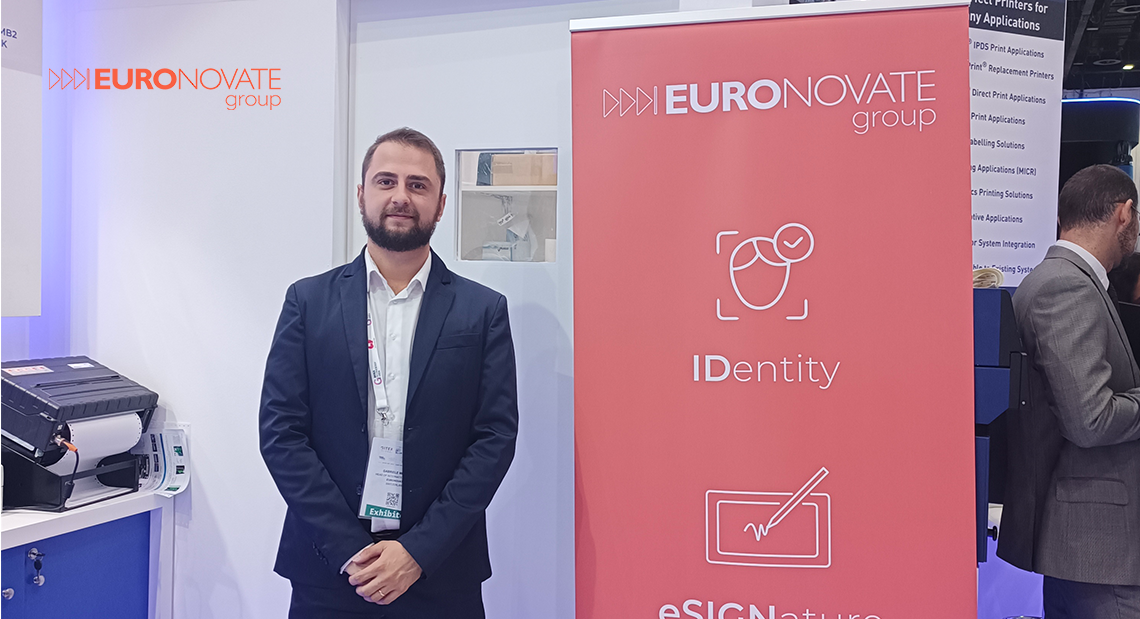

Euronovate Group: digitalization without risks
Home / Press Releases - Euronovate Group / Euronovate Group: digitalization without risks
Article published on 02/11/2022 on Impresacity
Euronovate offers technologies and skills for “safe” dematerialization, looking today in particular at the opportunities of the Public Administration and Healthcare.
The life of businesses and citizens has an ever wider digital side, in the sense that the number of processes, activities, and services that can be carried out completely digitally is growing rapidly. It is a positive evolution for everyone, but it requires some reflection on how and to what extent some guarantee elements that we take for granted in the physical world can be transposed into the digital world.
This is the generic theme of “digital trust”. In the physical world, the identity and reliability of the entities we deal with are variously certified and guaranteed by a consolidated network of certifications and controls. In the digital world, this is not the case. At the very least, it doesn't happen in a universally standardized and shared way. Every company has to potentially “guarantee” its digital processes with adequate technological infrastructure.
It is not an obvious step for everyone. Companies in areas such as finance, where risk management is critical, have already embraced and absorbed this approach. With the spread of digitization practically everywhere, the realities of sectors less accustomed to asking themselves the problem must also do so. And they must do it quickly, given that we live in times of increasingly strategic but also increasingly accelerated digitization.
This evolution is also following Euronovate Group, which, starting from the field of electronic signature solutions, has gradually expanded its activity to the entire Trust Services market. And at the same time, has expanded its customer base, moving from those more accustomed to the issues of digital security, such as Finance, to others less advanced, such as Public Administration or Retail.
"In general, there is a growing need for solutions like the ones we propose”, explains Massimo Ciocca, Euronovate Group’s Sales Manager & Head of Channel, referring mainly to three classes of solutions. The first, also historically, includes the integrated hardware-software platforms for managing the electronic signature in all its possible versions (remotely and in person, biometric etc.). These platforms are developed directly by Euronovate and adapted to the needs of the company or body that will use them.
A second area concerns the provision of services by Qualified Trust Service Providers. That is, mainly, services that concern the creation, verification, validation and secure (and compliant) storage of digital signatures and digital certificates. Among other things, Euronovate acts as a SPID provider for the targeted applications of user companies and has its Certificate Authority in the process of being approved for Italy.
The third class of solutions concerns the so-called Digital Onboarding and the KYC (Know Your Customer) part, which is the processes by which the personal data of a generic user are collected before he can access particular services. The range of applications here is very broad. It ranges from identification to a retail portal to automatic financial risk assessment, from anti-fraud checks to recording the data of a new patient in a doctor's office. Processes must be complete, safe, and non-invasive for the user simultaneously.
Euronovate's offer is, therefore, already wide and relies on having specific skills and development activities in-house, both software and hardware: the software development centre is in Padua, while Mendrisio is the competence centre for the hardware part. But, underlines Massimo Ciocca, the value of Euronovate solutions and platforms also and above all lies in their possibility of customization and integration.
“Each process that is dematerialized has its history – explains Ciocca – and this requires high customization skills. Our approach is to combine hardware, software, services, and skills to analyze the customer's process and arrive at a customized solution, keeping take into account not only its technological requirements but also its legal and compliance requirements “.
Software integration plays a significant role here. “Our implementations – explains Ciocca – are usually always integrated with one or more third-party applications, also because users in particular sectors, such as Healthcare, use specific software with which it is essential to communicate”. This experience is useful for future integrations: Euronovate does not offer standard “out of the box” application connectors but has developed, over time, integrations that can be easily reused with other customers.
When it comes to digitization and dematerialization, our thoughts immediately turn to Public Administration and Healthcare, two areas that definitely need to evolve in managing their information acquisition and management processes. Euronovate is, in this sense, developing a particular experience in collaborating with the ASLs to start or strengthen their dematerialization projects.
"Like other small local authorities - says Ciocca - the ASLs have so far experienced patchy digitization. They have often implemented specific solutions for some of their activities, but they still have to manage extremely sensitive processes. Some have already done the step of dematerialization, for example diagnostic images. Still, their being more or less ahead in digitization depends on many factors: from the culture of the IT staff to the presence or absence of specific plans at the regional level “.
According to Euronovate, the “safe” dematerialization of processes brings benefits that are already clear and quantifiable in the ASLs. Time is saved, there is less chance of errors in compiling information, substitutive storage is simplified, compliance risks are reduced, and, a not insignificant factor, the environmental impact of the organization is reduced.
Given that this applies to everyone, the necessary approach remains, for Euronovate, the personalised one. “Firstly – Ciocca emphasizes – you need to understand with the customer what kind of process you want to focus on in the first place. Then you need a pilot project, a prototype that shows the value of technologies in the field. All this takes time, but opens the way to review the processes during dematerialisation. Which is the real long-term advantage of digitization “.


